veriCAR.in
The monsoon is here, but is your car prepared to enjoy the rain? Or is it going to be a season of puddles, breakdowns and getting stuck in the middle of nowhere.
You can prepare your car for the monsoon by following these simple tips.
Tyres
First and foremost, ensure that your tyres are in top shape to handle the monsoons. Bad roads and wet tarmac mean that your tyres are going to be working doubly hard, and if they work well, you'll be safe.
The treads on the tyre surface are responsible for diverting water away from the tyre, and thus ensuring that the rubber remains in contact with the tarmac. If the treads are not deep enough (or worse, absent altogether), they won't be able to move the water out of the tyres' way. This might lead to total loss of grip (called aquaplaning) -- a situation that even the most talented race-car drivers have a tough time coping with.
If the depth of the tread on the middle portion of the tyre surface, across the circumference of the tyre is less than 1.6-1.8 mm, then the tyre needs to be replaced. Ensure that all your tyres (including the spare tyre) comply with this simple requirement. If any of them does not, then get a new tyre before you head out in the wet.
Windscreen wipers
Image: If the rubber on the wipers seems hard to touch or appears cracked, change the blades immediately.The other rubber component that is your best friend in this season is the windscreen wiper. In our country, where it rains for a few months every year, the rubber on the wiper blades tends to become hard. Ensure that you change the wiper blades at least once a year. This will ensure that you are well-prepared for the arrival of the rains.
In addition to the wiper blades, ensure that the wiper arms are in good condition. The wiper arms ensure that the blades hug![]() the windscreen well and are able to move rain water away quickly and efficiently.
the windscreen well and are able to move rain water away quickly and efficiently.
If the rubber on the wipers seems hard to touch or appears cracked, change the blades immediately. If the wipers are leaving some water on the windscreen, be sure to get the wiper arms checked or replaced.
Lights
Image: Ensure that the beam illuminates the road ahead of you.Monsoon mean that you will be using your car lights more than you do in any other season -- often times even during the day. Ensure that all your lights are functioning -- these include the parking lamps, headlamps, tail lamps, brake lights, number plate lights and turn indicators. If any of the lights are not functioning, check that the fuse is alright, and then check if the bulb is working.
In addition to functioning lights, ensure that your headlamps are aligned properly. Improper alignment of headlamps causes the beam to be thrown upwards (in which case you can't see the road ahead at all), or be thrown too close to the car (in which case you can't see too far ahead). Ensure that the beam illuminates the road ahead of you. Any company authorised service centre should be able to align your headlamps in a jiffy.
Lastly, keep the lenses of all the lights clean. Especially if you travel long distances at fast speeds, ensure that you clean ![]() the lights with a soft wet cloth each time you take a break.
the lights with a soft wet cloth each time you take a break.
Windscreen
Image: Scratches made by faulty wipers can make life miserable.Ensure that your windscreen is free of cracks and scratches. Scratches made by faulty wipers can make life miserable in the dark, during the monsoon. If your windscreen shows major damage, be sure to get it replaced before the start of the ![]() rainy season.
rainy season.
Brakes
Image: If you feel that the brake response is not good enough, get the car checked.The relative lack of grip in the monsoon means that your brakes have to work twice as hard as they would have to in the dry season. Ensure that the brakes are offering good bite, and that the car is stopping in a straight line. If you feel that the brake ![]() response is not good enough, get the car checked -- you might have to get the brake pads, brake linings or brake discs replaced. Be alert for consistent squeaking sounds when you apply the brakes -- they could point to some trouble.
response is not good enough, get the car checked -- you might have to get the brake pads, brake linings or brake discs replaced. Be alert for consistent squeaking sounds when you apply the brakes -- they could point to some trouble.
After driving through still water, lightly modulate your brakes so that the water drips off the discs quickly.
veriCAR's monsoon must-haves
Image: Keep your windscreen washer fluid topped up at all times.This stuff can save lives in the monsoon. Ensure you have them in your car during the wet season.
Cigarettes
Pull out a cigarette and put it to good use. Rub the tobacco all over your windscreen. Tobacco will cause water to form droplets and quickly roll off the glass rather than stay there and obstruct your vision.
Sandpaper
Every now and then, give your wiper blades a thorough cleansing. Rubbing the blade with sandpaper will cause the oil and grime to be cleaned away, leaving your wiper blade functioning like new once again.
Liquid detergent
Keep your windscreen washer fluid topped up at all times, and use it liberally. Pour a few drops of liquid utensil cleaner ![]() detergent like Pril and watch it play its magic on the grime and dust.
detergent like Pril and watch it play its magic on the grime and dust.
In the next article, we will look at some handy tips to drive better and safer in the rains. Till then, stay safe.

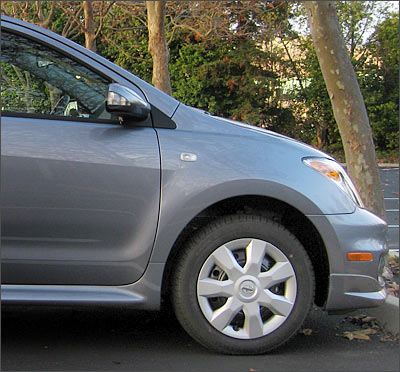
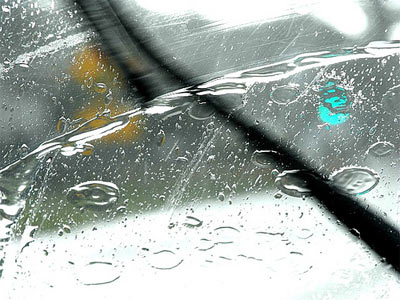
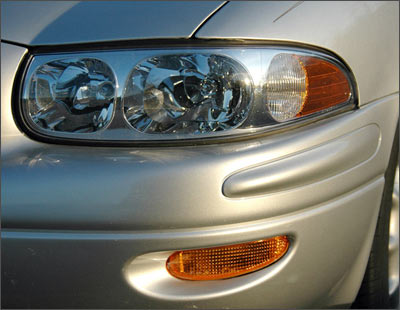
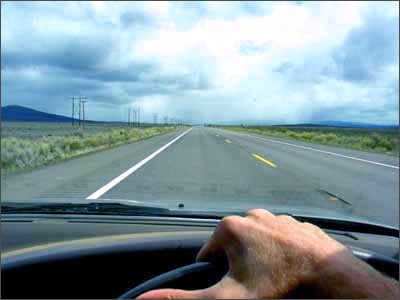
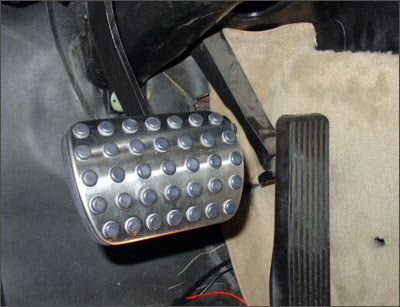
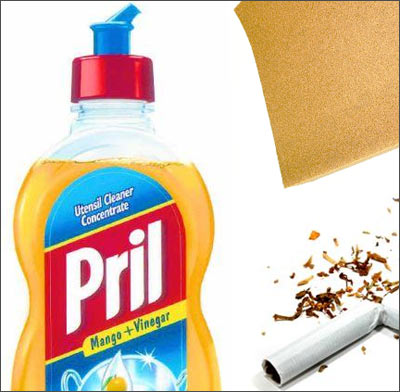
Comment
article